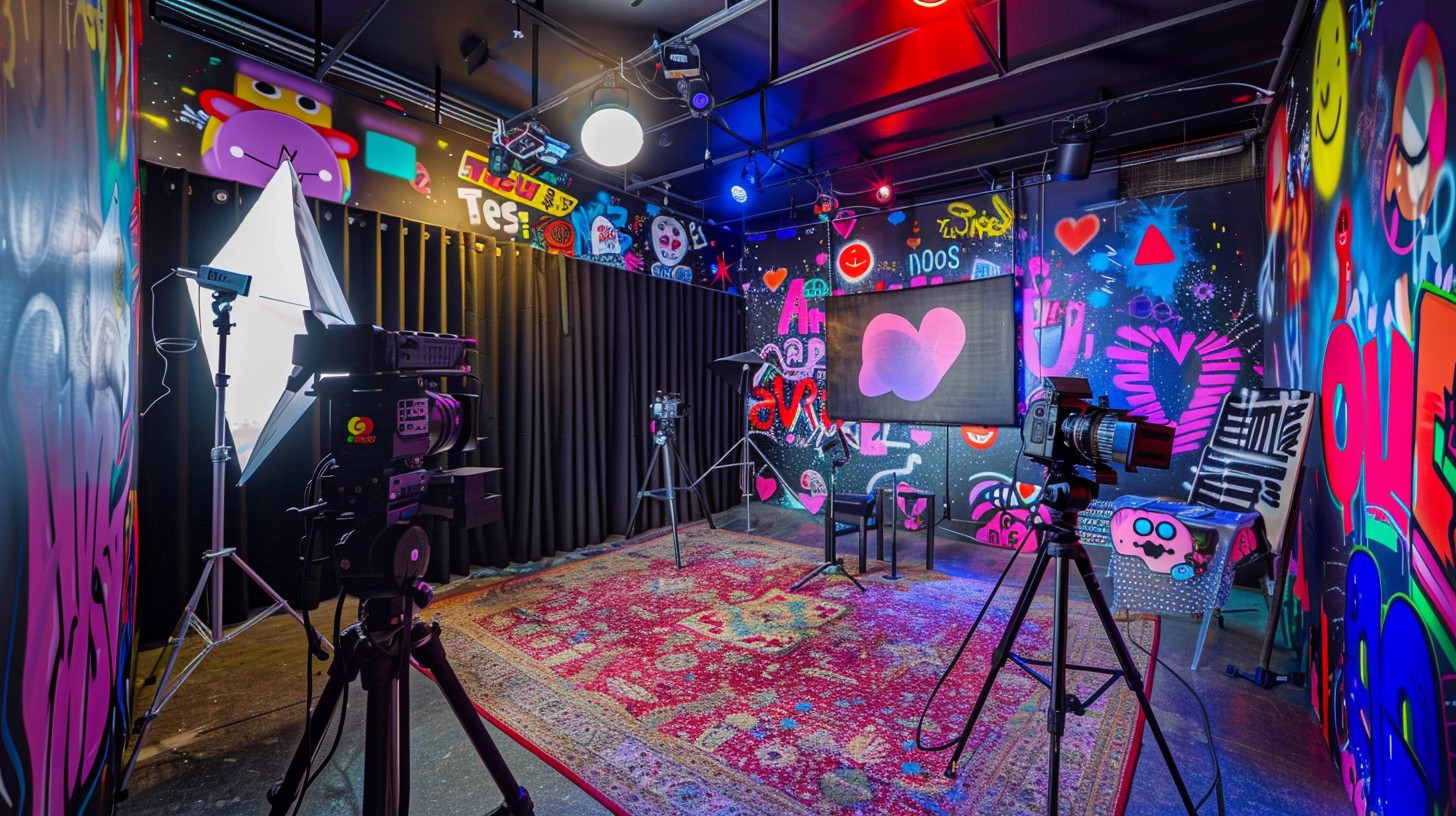Entertainment Startup.The media and entertainment industry is constantly evolving, driven by advancements in technology and changing audience preferences. In 2025, innovative startups will redefine how people create, consume, and interact with content. Here are nine creative startup ideas that can shape the future of media and entertainment.
1. Immersive Virtual Reality (VR) Experiences
VR technology offers endless opportunities to create fully immersive entertainment experiences. Startups can develop VR platforms for gaming, virtual concerts, and storytelling. By providing users with 360-degree interactive content, they can transform passive viewers into active participants.
Why It’s Crucial: VR is set to revolutionize entertainment, offering unparalleled levels of immersion. A great example is Meta’s push into the VR space with Horizon Worlds which highlights the potential of virtual experiences.
2. AI-Powered Content Creation Tools

Startups focusing on AI-driven tools for media creation can cater to content creators, filmmakers, and graphic designers. These tools can automate editing, generate high-quality visuals, and even write scripts, saving time and reducing production costs.
Why It’s Crucial: With the surge in demand for quick and visually appealing content, AI tools can help creators keep up without compromising on quality.
3. Streaming Platforms with Niche Content
While general streaming platforms dominate, there is an untapped market for niche content. Startups can create platforms dedicated to specific genres, such as indie films, documentaries, or regional content, catering to underserved audiences.
Why It’s Crucial: Viewers increasingly seek personalized experiences, and niche streaming platforms can provide curated content that resonates with specific interests.
4. Interactive Live Event Platforms
Startups can develop platforms that bring live events, like concerts and sports, to the digital realm with interactive features. Users can engage with performers, access backstage content, or even influence event outcomes in real time.
Why It’s Crucial: Interactive live events bridge the gap between physical and digital experiences, enhancing engagement and providing unique entertainment options.
5. Short-Form Video Creation Apps
The popularity of short-form videos continues to rise. Startups can innovate by offering tools for creators to produce high-quality videos quickly, integrating AI features like automated edits and real-time analytics.
Why It’s Crucial: Platforms like TikTok have shown the massive potential of short-form content. New tools can empower creators to stand out in this crowded space.
6. Augmented Reality (AR) for Storytelling
AR technology opens up new possibilities for storytelling by merging the digital and physical worlds. Startups can create AR experiences for books, comics, or even live performances, making stories more engaging.
Why It’s Crucial: As AR devices become more accessible, audiences will seek innovative content that leverages this technology.
7. Subscription-Based Gaming Platforms
Gaming remains one of the most lucrative segments in entertainment. Startups can create subscription-based platforms offering exclusive games, rewards, and social features to keep players engaged.
Why It’s Crucial: With the success of models like Xbox Game Pass, subscription services have proven their value in retaining long-term users.
8. Podcasts with Interactive Features

Podcasts are evolving from static audio to dynamic experiences. Startups can develop platforms where listeners interact with hosts, participate in polls, or access complementary visuals in real time.
Why It’s Crucial: Interactive podcasts enhance user engagement, making listeners feel more connected to the content.
Table of Contents
9. Digital Art and NFT Marketplaces
The rise of NFTs has reshaped how artists distribute and monetize their work. Startups can build marketplaces that combine digital art with NFTs, offering features like auctions, creator royalties, and community-driven content discovery.
Why It’s Crucial: NFTs empower creators to gain direct financial rewards while enabling audiences to invest in unique, verifiable digital assets.
The Future of Media and Entertainment Startup
The media and entertainment landscape in 2025 will be defined by innovation and personalization. Startups that embrace cutting-edge technologies like VR, AR, and AI, along with interactive platforms and niche services, will lead the industry.
To succeed, focus on creating experiences that are immersive, interactive, and tailored to specific audience needs. The rise of creative media innovations underscores the importance of staying ahead in this dynamic field.


